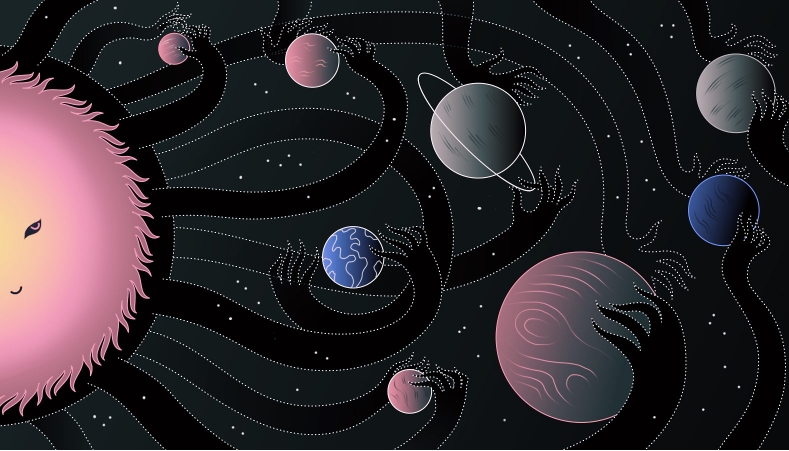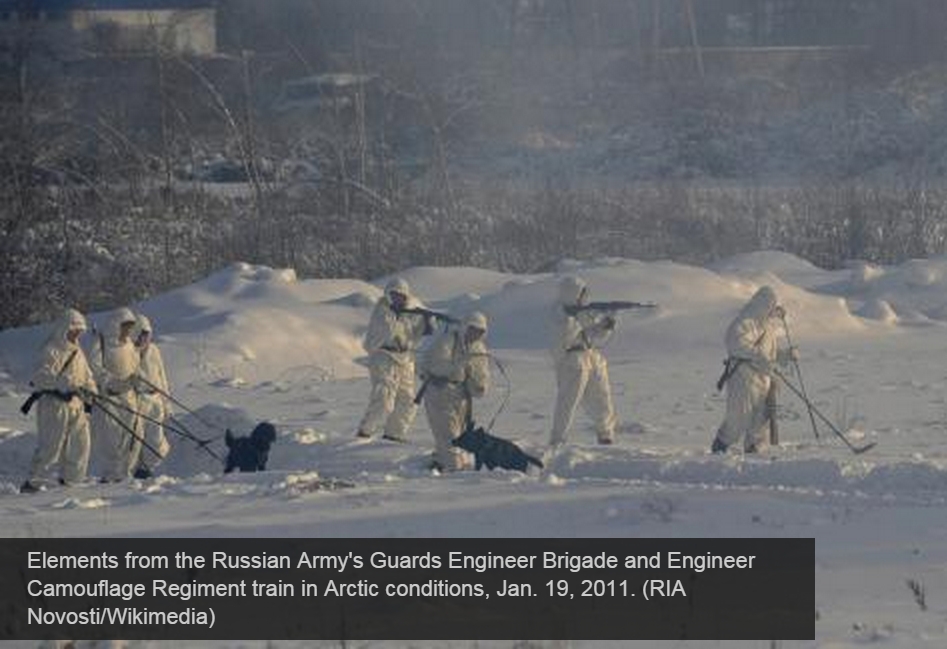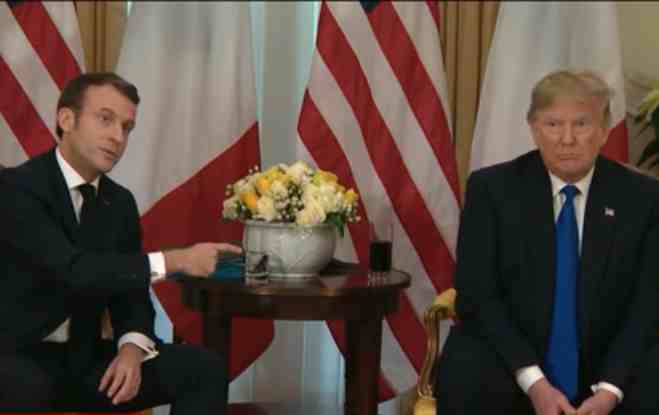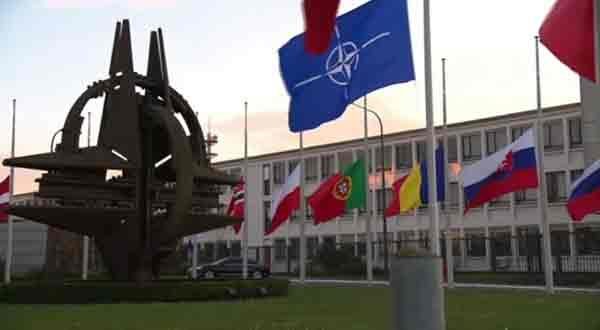A Republican Party that years ago would push back when Donald Trump denigrated NATO has been more ambivalent in the days since the former president said he would encourage Russia to attack alliance members who he felt were not contributing enough to the common defense.
While some in the party distanced themselves from Trump’s comments, others criticized reporters for focusing on them and said they had no concerns about how the former president would treat the alliance if he was elected to a second term in November.
The shift marks a major change in the party’s center of gravity. In the years since Trump became the GOP’s leading voice, he has pulled the party into a more isolationist stance, in which relationships with other countries are seen as more transactional in nature, and the importance given to maintaining the status of the U.S. as a guarantor of the safety of other Western democracies has been diminished.
The former president was addressing a crowd in South Carolina on Saturday when he interrupted prepared remarks with an extended riff on the topic of the North Atlantic Treaty Organization, which was formed in 1949 as a bulwark against an aggressively expansionist Soviet Union, now Russia.
The organization has played a key role coordinating support for Ukraine in the two years since Russia launched its full-scale invasion of that country. Ukraine is not a NATO member, though it borders four countries that are: Hungary, Poland, Romania and Slovakia.
Trump has regularly made the inaccurate claim that many NATO members are “delinquent” in payments to the organization. In fact, NATO does not collect membership dues or other such fees from its members. Countries party to the treaty do agree to spend at least 2% of GDP on their defense capabilities, though as of early 2023 the alliance estimated that only 10 of the 30 member states were at or near compliance. However, that does not mean they owe other members money, either individually or collectively.
Trump told the crowd that during a meeting of NATO leaders, he had been confronted by one of his counterparts about whether he would come to other member countries’ defense — as the treaty requires — if they were attacked by Russia.
Trump replied that if the country being attacked were “delinquent,” he would not, and would actually encourage Russian aggression.
“No, I would not protect you,” Trump said he told the other NATO leader. “In fact, I would encourage them to do whatever the hell they want. You’ve got to pay. You got to pay your bills.”
Angry reaction
Trump’s comments sparked angry reactions from Democrats in Washington and America’s NATO allies.
“America’s leadership on the world stage and support for our allies is critical to keeping the American people safe here at home,” President Joe Biden said in a statement released by the White House. “If my opponent, Donald Trump, is able to regain power, he is making it clear as day that he will abandon our NATO allies.”
“Any suggestion that allies will not defend each other undermines all of our security, including that of the U.S., and puts American and European soldiers at increased risk,” NATO Secretary-General Jens Stoltenberg said.
‘Zero concern’
Prominent voices in the Republican foreign policy establishment appeared more willing to brush off Trump’s inflammatory statements.
“I have zero concern, because he’s been president before,” Senator Marco Rubio, a member of the Senate Foreign Relations Committee, said in an interview with CNN. “I know exactly what he has done and will do with the NATO alliance.”
“[F]rankly, look, Donald Trump is not a member of the Council on Foreign Relations,” Rubio said. “He doesn’t talk like a traditional politician. And we have already been through this now. You would think people had figured it out by now.”
“Give me a break — I mean, it’s Trump,” Senator Lindsey Graham told The New York Times. “All I can say is, while Trump was president, nobody invaded anybody. I think the point here is to, in his way, to get people to pay.”
Senator Tom Cotton, a member of the Senate Armed Services Committee, told the Times that in his view, Trump was “simply ringing the warning bell” about NATO members not meeting their 2% spending obligation.
Some Republicans critical
But some Republicans took mild exception to the former president’s remarks.
On the Senate floor on Sunday, Minority Leader Mitch McConnell said, “I know it’s become quite fashionable in some circles to disregard the global interests we have as a global power.”
Referring to NATO, McConnell added, “To lament the commitment that has underpinned the longest drought of great power conflict in human history – this is idle work for idle minds, and it has no place in the United States Senate.”
Senator Thom Tillis told Politico he blamed Trump’s team for not making it clear to the former president that the U.S. is obligated by treaty to defend NATO members if they come under attack.
Shifting policy
Despite some Republicans’ insistence that Trump does not pose a serious threat to the health of NATO, members of Congress have taken some proactive steps to protect the 75-year-old alliance.
The 2023 National Defense Authorization Act, which passed with large bipartisan majorities, included a section making it illegal for the president to withdraw the U.S. from NATO without the approval of two-thirds of the members of the Senate or other authorizing legislation passed by both houses of Congress.
During his term as president, according to former members of the Trump administration quoted in an upcoming book by CNN’s Jim Sciutto, Trump at one point issued orders to withdraw the U.S. from NATO before changing his mind.
Experts told VOA that leaders in Europe have been forced to seriously consider the possibility that the U.S., under another Trump presidency would either leave the alliance or undermine it from within.
“American policy is to some degree already shifting, because there’s a candidate Trump, and because Trump is the leader of the Republican Party,” said Michael Kimmage, a professor of history at the Catholic University of America.
“I think that these comments are in a way the icing on the cake,” Kimmage added. “And you know, they suggest that, depending on how the election goes, Europe could in some ways be alone with Russia, and Europe could be significantly more alone with the war in Ukraine.”
VOA Senior Diplomatic Correspondent Cindy Saine contributed to this report.
[content id=”52927″][content id=”79272″]








